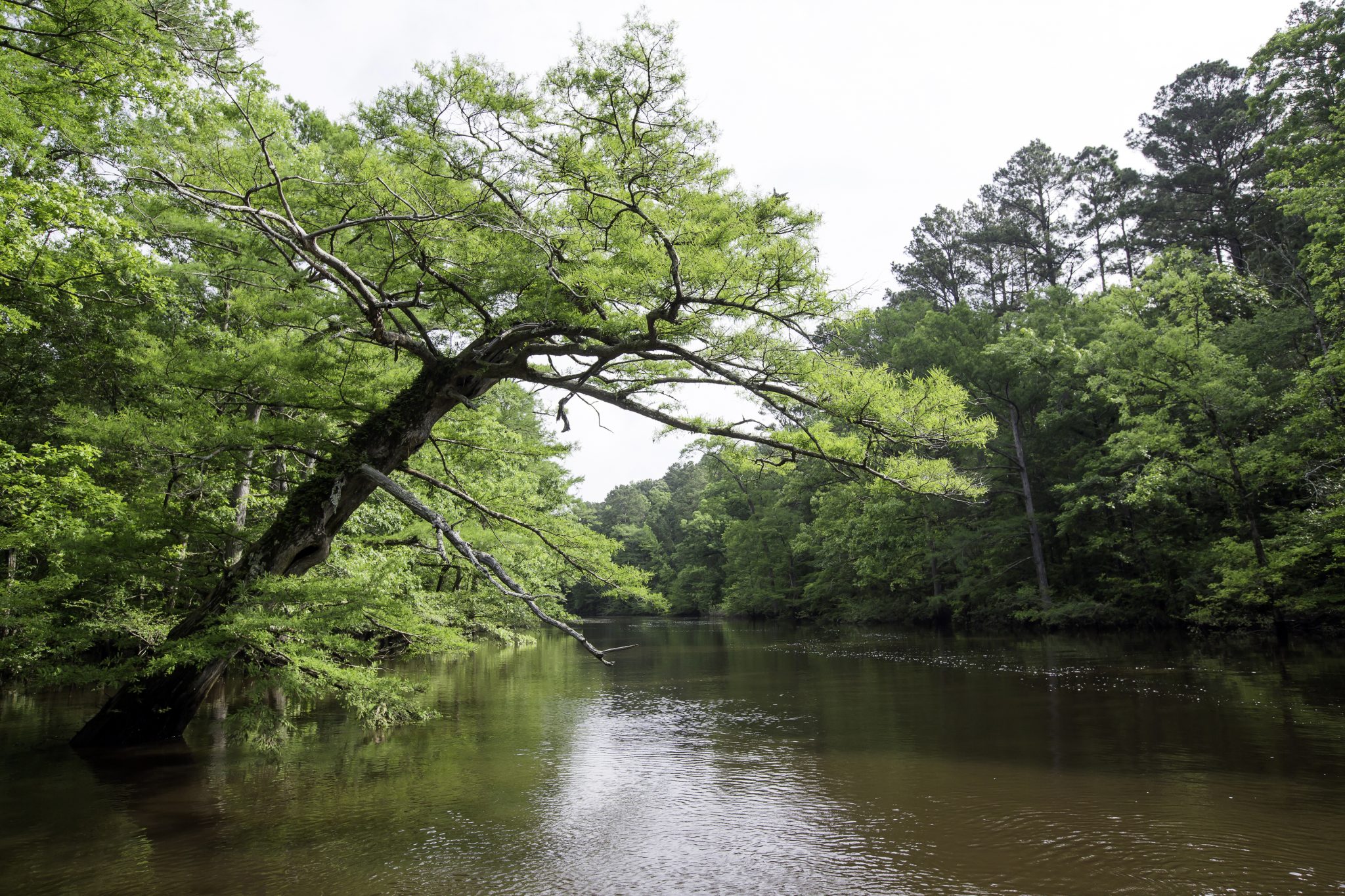196
Confusion, concern and caution are at the heart of water permit issues for the Webster Parish Police Jury.
Jurors voted to retract support from a feasibility study and permit process with the Bossier Parish Police Jury, which aimed to revive a wat
WPPJ retracts support with joint water study with Bossier police jury
previous post



